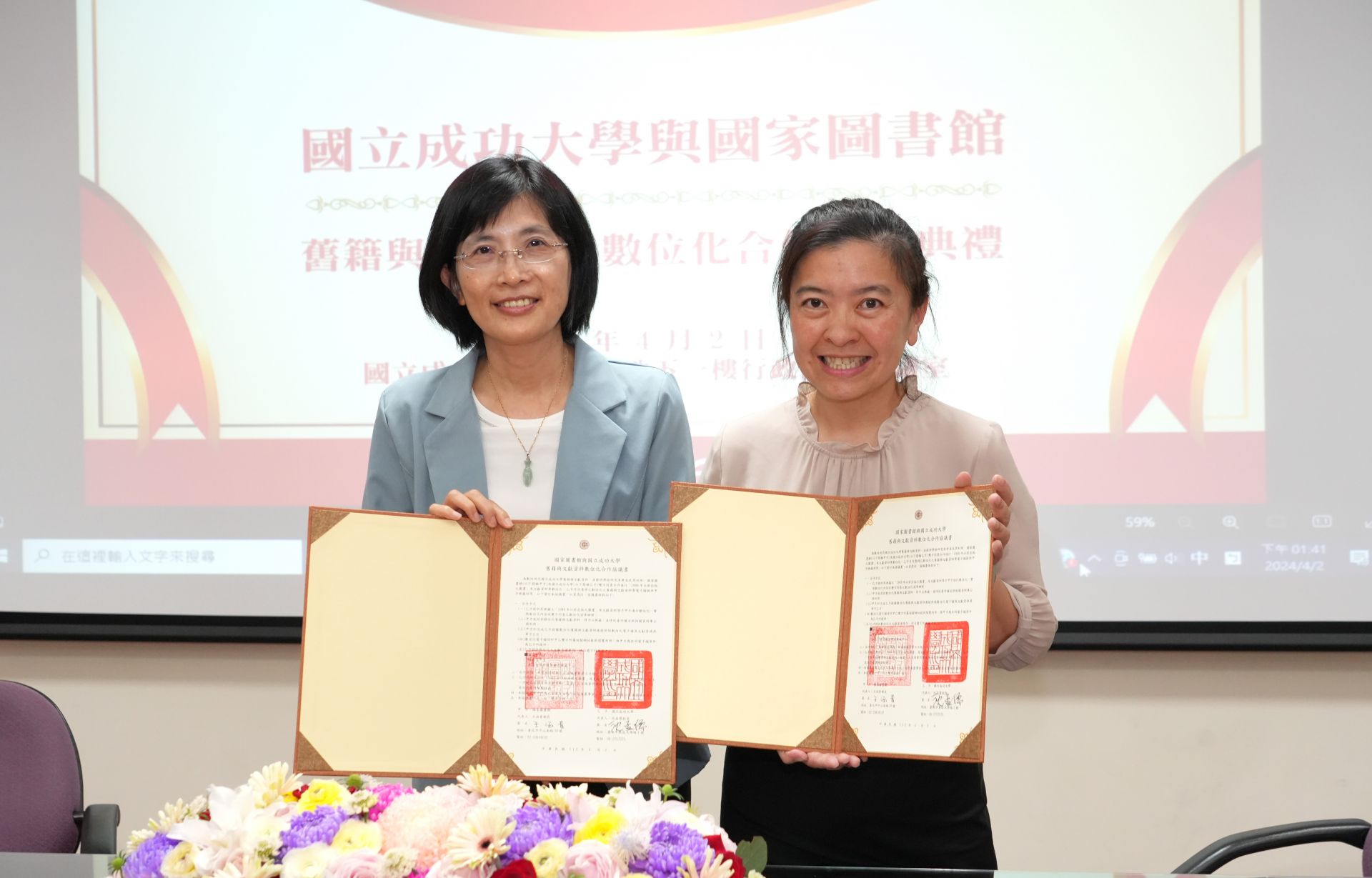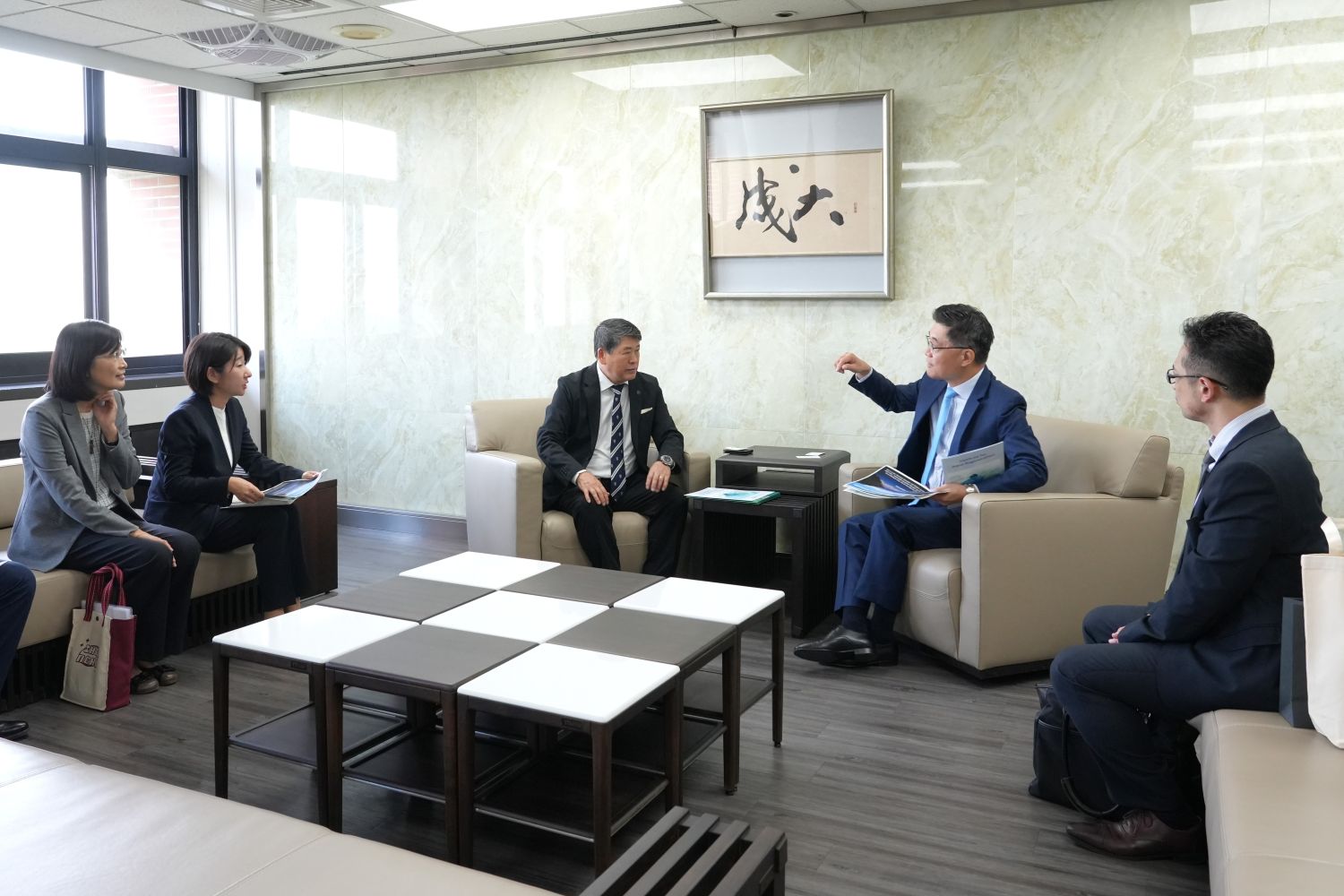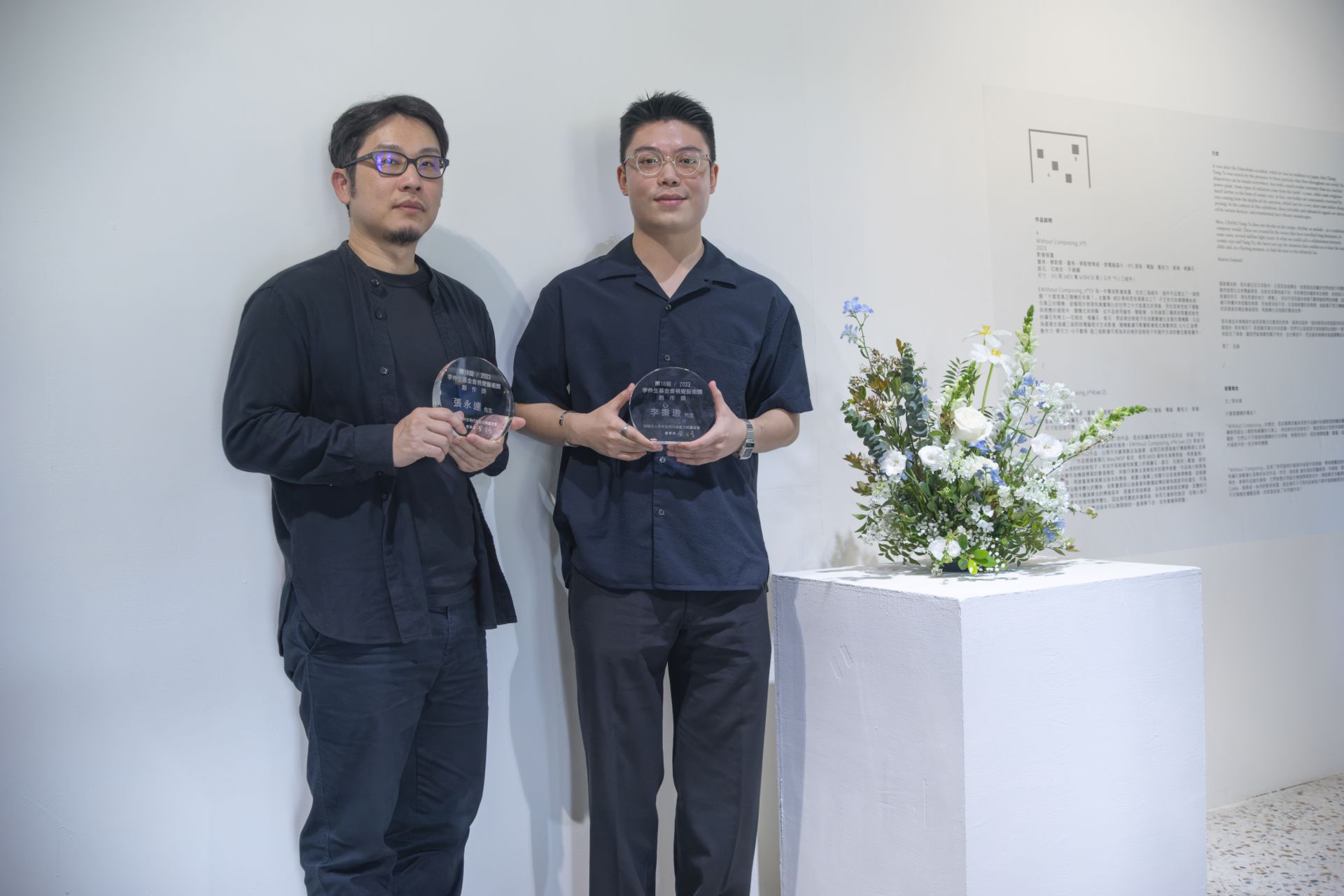SDG11
Collaboration Between NCKU and the National Library: Digitizing and Preserving Historical Books and Documents.
The National Cheng Kung University (NCKU) Library and the National Library of Taiwan have joined hands to advance the United Nations Sustainable Development Goal (SDG) 4 - Quality Education. On the 2nd afternoon, a signing ceremony was held at the NCKU Library to formalize their collaboration on digitizing and preserving historical books and documents. In addition to digitizing the pre-1949 collection of books and documents held by the NCKU Library, the collaboration aims to facilitate broader resource sharing and cooperative exchanges in the future. NCKU's former library director and current director of the National Library of Taiwan, Han-Ching Wang, and NCKU Vice President Yuh-Neu Chen, served as representatives of both parties to showcase the collaboration agreement. Several distinguished guests, including Tzu-Fun Fu, NCKU professor of Medical Laboratory Science and Library Director, Hsi-Jen Chen, Deputy Director, Le-kun Tan, Chief of the Knowledge Services Division at the National Library, and Qian-Ru Zhou, Chief of the Collection Development and Bibliographic Management Division, witnessed the ceremony.
NCKU Vice President Yuh-Neu Chen warmly welcomed Han-Ching Wang, former NCKU Library director and current director of the National Library of Taiwan, back to her alma mater. He expressed great excitement about the collaboration with the National Library of Taiwan, aiming to digitize and organize significant historical books and documents. This initiative will breathe new life into historical materials, providing new opportunities for research and academic enrichment. It will also increase Taiwan's visibility internationally.
Han-Ching Wang, former NCKU Library director and current director of the National Library of Taiwan, noted that the NCKU Library has had a library since 1931, and many important ancient books have been collected over time. However, due to the fragile nature of paper, their preservation and circulation have been limited. The library has been contemplating ways to revitalize these old books and documents. Therefore, when she assumed the role of director of the National Library of Taiwan, she understood the institution's efforts in digitizing preservation and thus initiated collaboration with NCKU. This collaboration involves the digitization of 370 extremely valuable old books and documents, making them accessible to scholars worldwide.
NCKU, formerly known as the "Taiwan Provincial Tainan Technical College," was founded in 1931 during the Japanese colonial period, and a library was established in the same year. The valuable old books currently held by the NCKU Library were preserved since the Japanese colonial era and include over ten thousand volumes of literature related to engineering, science, mathematics, and humanities. These materials are currently stored in closed stacks and will be more easily accessible after digitization, fulfilling the university's social responsibility.
The National Library of Taiwan continues to implement various digitization projects and will collaborate with universities and colleges both domestically and internationally. In this collaboration with NCKU, the National Library will digitize 370 Chinese and Japanese publications from before 1949 and place them in "臺灣華文資料庫" and "臺灣記憶系統".
"臺灣華文資料庫" is the result of cooperation between the National Library and various domestic government agencies to digitize cultural and academic publications. It provides free access to readers and showcases Taiwan's cultural heritage. "臺灣記憶系統" collects historical documents related to Taiwan, including postcards from the Japanese colonial period, old photographs from various locations, old books, local records, ancient documents, and rubbings of inscriptions. It digitizes historical documents related to Taiwan and analyzes and constructs interpretation data for digital objects to facilitate resource sharing and utilization.
The collaboration between NCKU and the National Library of Taiwan on digitizing and preserving historical books and documents aims to provide knowledge preservation for public use, making knowledge preservation more comprehensive and access more convenient. It aims to achieve cooperative development, resource sharing, and contribute to the realization of the United Nations Sustainable Development Goals.
NCKU Vice President Yuh-Neu Chen warmly welcomed Han-Ching Wang, former NCKU Library director and current director of the National Library of Taiwan, back to her alma mater. He expressed great excitement about the collaboration with the National Library of Taiwan, aiming to digitize and organize significant historical books and documents. This initiative will breathe new life into historical materials, providing new opportunities for research and academic enrichment. It will also increase Taiwan's visibility internationally.
Han-Ching Wang, former NCKU Library director and current director of the National Library of Taiwan, noted that the NCKU Library has had a library since 1931, and many important ancient books have been collected over time. However, due to the fragile nature of paper, their preservation and circulation have been limited. The library has been contemplating ways to revitalize these old books and documents. Therefore, when she assumed the role of director of the National Library of Taiwan, she understood the institution's efforts in digitizing preservation and thus initiated collaboration with NCKU. This collaboration involves the digitization of 370 extremely valuable old books and documents, making them accessible to scholars worldwide.
NCKU, formerly known as the "Taiwan Provincial Tainan Technical College," was founded in 1931 during the Japanese colonial period, and a library was established in the same year. The valuable old books currently held by the NCKU Library were preserved since the Japanese colonial era and include over ten thousand volumes of literature related to engineering, science, mathematics, and humanities. These materials are currently stored in closed stacks and will be more easily accessible after digitization, fulfilling the university's social responsibility.
The National Library of Taiwan continues to implement various digitization projects and will collaborate with universities and colleges both domestically and internationally. In this collaboration with NCKU, the National Library will digitize 370 Chinese and Japanese publications from before 1949 and place them in "臺灣華文資料庫" and "臺灣記憶系統".
"臺灣華文資料庫" is the result of cooperation between the National Library and various domestic government agencies to digitize cultural and academic publications. It provides free access to readers and showcases Taiwan's cultural heritage. "臺灣記憶系統" collects historical documents related to Taiwan, including postcards from the Japanese colonial period, old photographs from various locations, old books, local records, ancient documents, and rubbings of inscriptions. It digitizes historical documents related to Taiwan and analyzes and constructs interpretation data for digital objects to facilitate resource sharing and utilization.
The collaboration between NCKU and the National Library of Taiwan on digitizing and preserving historical books and documents aims to provide knowledge preservation for public use, making knowledge preservation more comprehensive and access more convenient. It aims to achieve cooperative development, resource sharing, and contribute to the realization of the United Nations Sustainable Development Goals.
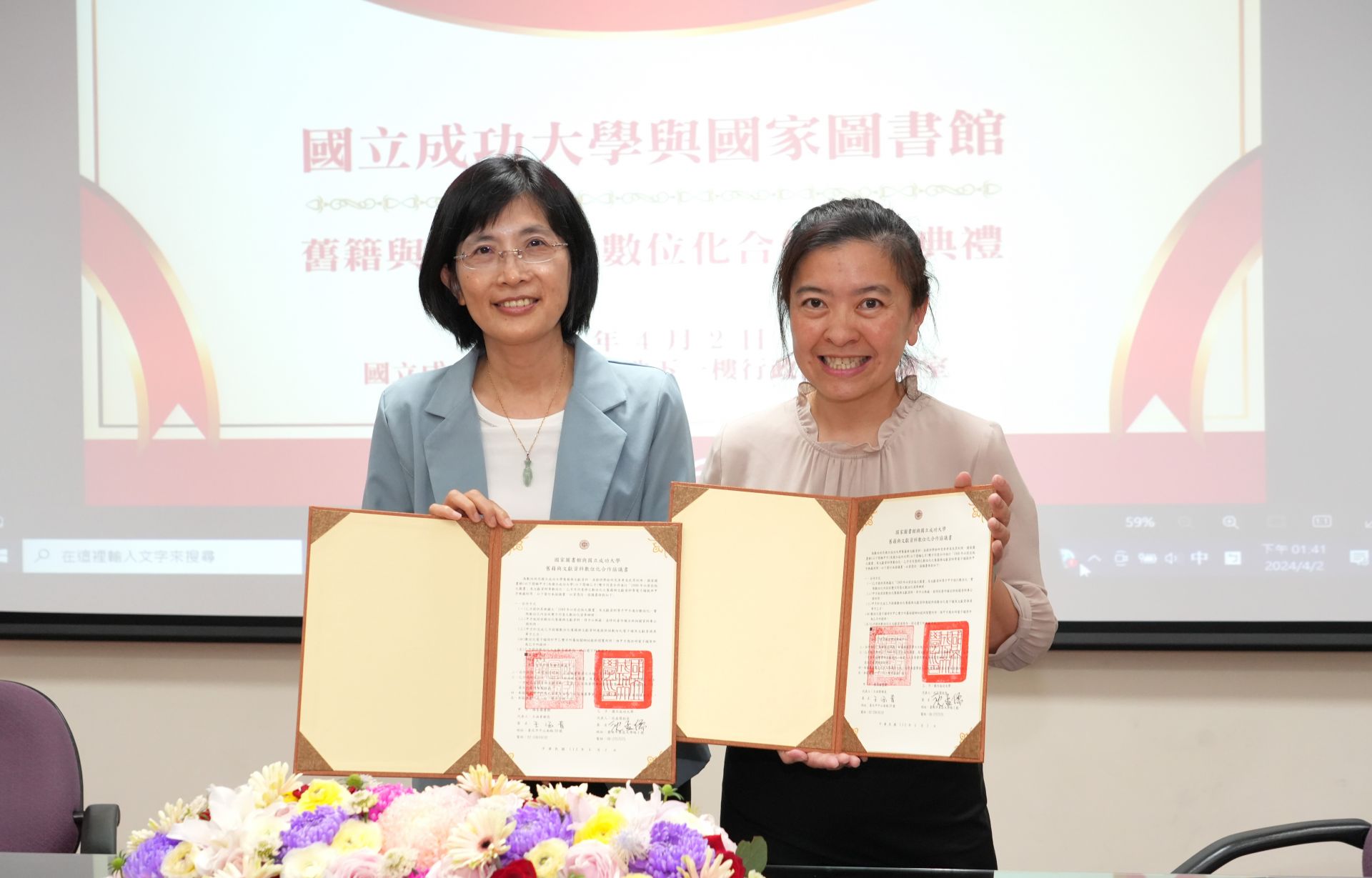
NCKU Vice President Yuh-Neu Chen (left) and National Library Director Han-Ching Wang (right) serving as representatives of both parties, showcasing the collaboration agreement.
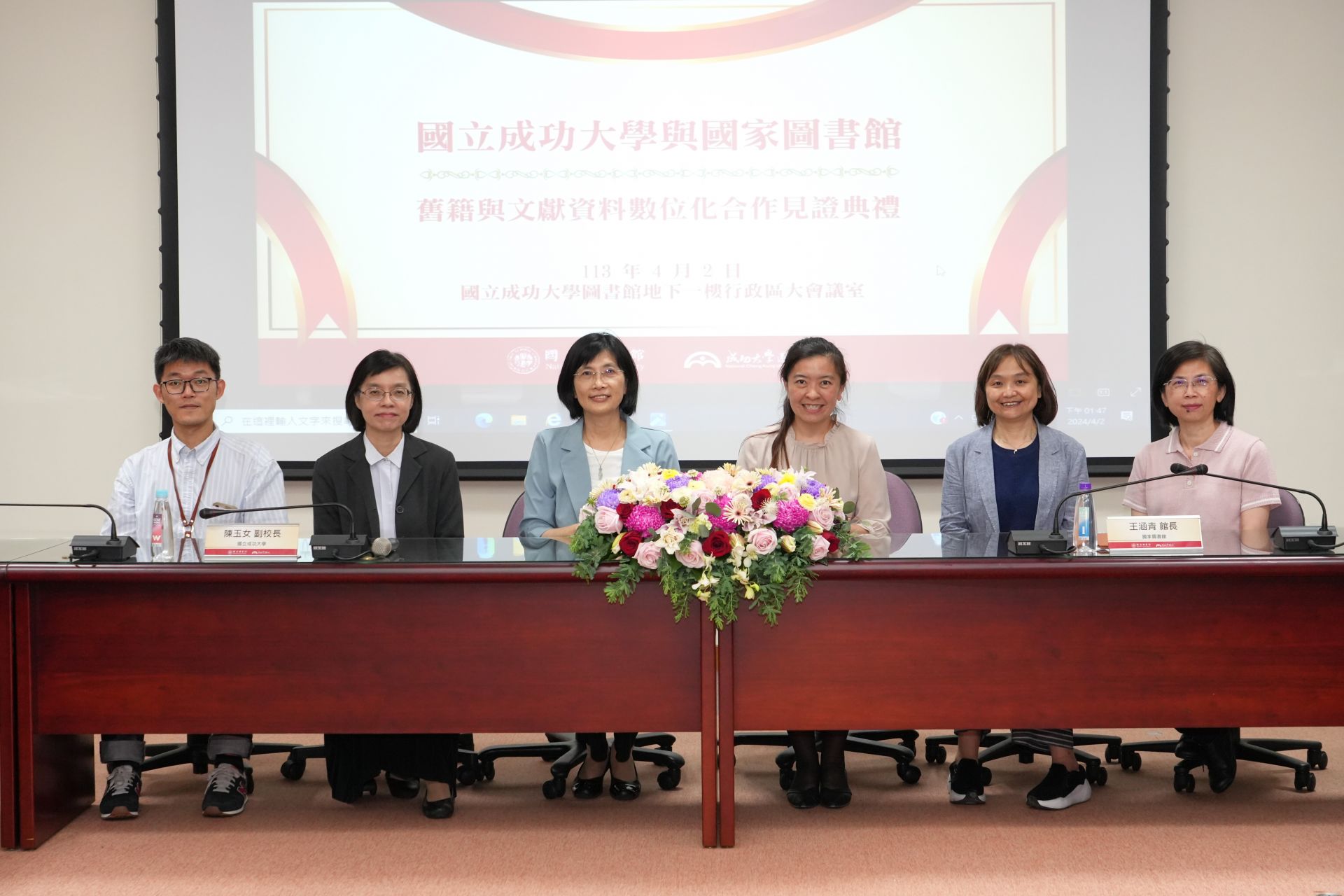
Group photo of attendees (From left: Hsi-Jen Chen, Deputy Director of the NCKU Library; Tzu-Fun Fu, Director of the NCKU Library; Yuh-Neu Chen, Vice President of NCKU; Han-Ching Wang, Director of the National Library of Taiwan; Qian-Ru Zhou, Chief of the Collection Development and Bibliographic Management Division at the National Library; Le-kun Tan, Chief of the Knowledge Services Division at the National Library).

